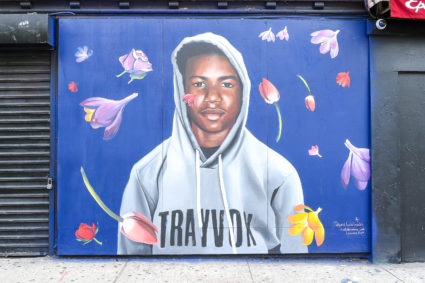
In 2022, there were nearly 33,000 estimated cases and researchers project that cases will rise to more than 36,000 by…

Our July 2020 pick for the PBS NewsHour-New York Times book club is Claudia Rankine's "Citizen." Become a member of the Now Read This book club by joining our Facebook group, or by signing up to our newsletter. Learn more about the book club here.
Below are questions to help guide your discussions as you read the book over the next month. You can also submit your own questions for Claudia Rankine on our Google form. Rankine will answer reader questions about "Citizen" on the PBS NewsHour at the end of the month.
WARNING: Spoiler alert on questions further down
Because of your elite status from a year's worth of travel, you have already settled into your window seat on United Airlines, when the girl and her mother arrive at your row. The girl, looking over at you, tells her mother, these are our seats, but this is not what I expected. The mother's response is barely audible–I see, she says. I'll sit in the middle.
***
Boys will be boys being boys feeling their capacity heaving butting heads righting their wrongs in the violence of aggravated adolescence charging forward in their way experiencing the position of positioning which is a position for only one kind of boy face it know it for the other boy for the other boys the fists the feet criminalized already are weapons already exploding the landscape and then the litigious hitting back is life imprisoned.
***
Trayvon Martin's name sounds from the car radio a dozen times each half hour. You pull your love back into the seat because though no one seems to be chasing you, the justice system has other plans.
Yes, and this is how you are a citizen: Come on. Let it go.
Move on.
***
Again Serena's frustrations, her disappointments, exist within a system you understand not to try to understand in any fair-minded way because to do so is to understand the erasure of the self as systemic, as ordinary. For Serena, the daily diminishment is a low flame, a constant drip. Every look, every comment, every bad call blossoms out of history, through her, onto you. To understand is to see Serena as hemmed in as any other black body thrown against our American background.
— From "Citizen," by Claudia Rankine
Sustain our coverage of culture, arts and literature.